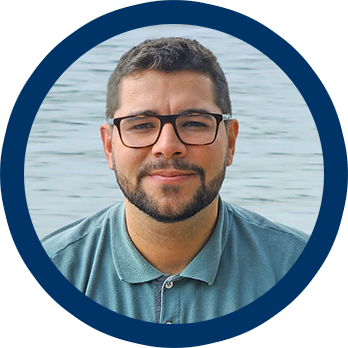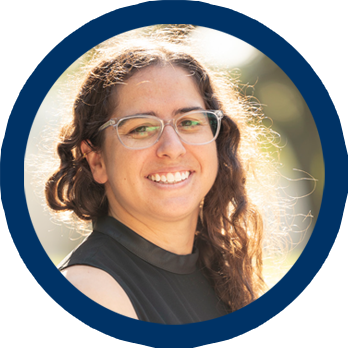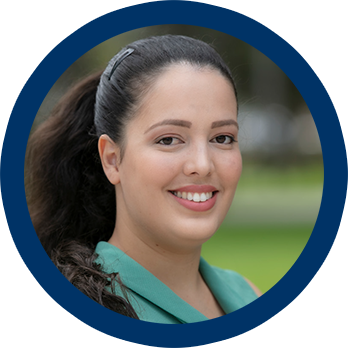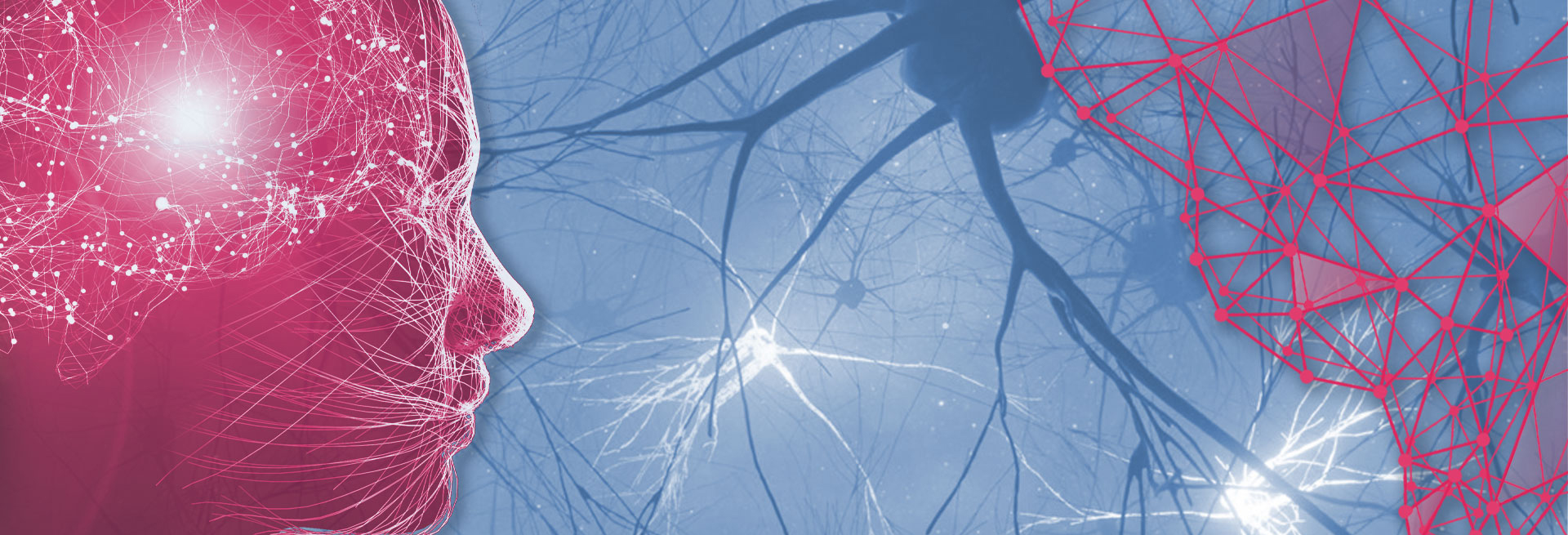By Chelsey Matheson
Postdoctoral fellows play a large role in research and new discoveries at Florida Atlantic. From artificial intelligence to neurogenesis to neuroscience education, these early career scientists are making big contributions to the future of brain science, technology and medicine.
Here’s a look at some of the postdocs contributing to discovery:

Cássio Morais Loss, Ph.D., is a postdoctoral fellow at the Florida Atlantic Stiles-Nicholson Brain Institute in the lab of Henriette van Praag, Ph.D., an associate professor, Charles E. Schmidt College of Medicine.
A native of Brazil, Loss earned his doctorate in biological sciences from the Universidade Federal do Rio Grande do Sul.
His current research focuses on how neurogenesis, spontaneous or induced by physical activity, in the adult rodent brain affects cognitive behaviors. One of his projects involves identifying how exercise or exercise-mimetic molecules can assist aging brains in forming new neurons and preventing neurodegenerative conditions like Alzheimer’s disease. He is also engaged in projects examining the relationship between neurogenesis and cognitive behavior in neurodevelopmental disorders as well as in immune-related responses in the brain.
As a behavioral neuroscientist concerned with scientific reproducibility and ethics in laboratory animal research, Loss employs alternative methods to interpret animal behavior, aiming to enhance reproducibility. His approach includes detailed planning of experimental designs, gathering alternative behavior data, and utilizing unconventional statistical methods such as principal component analysis and generalized linear mixed models in data analysis. Both within and outside the lab, Loss advocates for best practices in research, emphasizing that combining animal welfare with experimental rigor can help to improve reproducibility.

Alexandra “Aly” Paz, Ph.D., is a postdoctoral fellow working with the Advancing STEM-Community Engagement through Neuroscience Discovery (ASCEND) program at the Florida Atlantic Stiles-Nicholson Brain Institute. Paz earned her doctorate in integrative biology in neuroscience from Florida Atlantic University. Her interest in neuroscience stems from a curiosity about the connection between neurological processes and animal behavior, she said. Paz said her passion for neuroscience education stems from volunteering for the ASCEND program. Now a full-time member of the ASCEND team, Paz supports the program’s community outreach efforts, unraveling the complexities of neuroscience to inspire young people to take an interest in science, technology, engineering and math.

Rachel St. Clair, Ph.D., is a postdoctoral fellow at Florida Atlantic’s Center for the Future Mind. St. Clair researches artificial general intelligence, focusing on complex systems and neuromorphic learning algorithms. Her current work is focused on semiconductor solutions for artificial general intelligence and hyperscale computing with her company, Simuli Inc. Her main goal, she said, is to work on architectures that produce generally intelligent agents. St. Clair received her doctorate in complex systems and brain sciences from Florida Atlantic and participated in the Stiles-Nicholson Brain Institute’s Graduate Neuroscience Training Program.

Aline Guimaraes Santana, Ph.D., is a postdoctoral fellow in the lab of Claudia de Oliveira Rodrigues, Ph.D., associate professor in the department of biomedical science, Charles E. Schmidt College of Medicine. Santana specializes in biochemistry and molecular biology, including protein biochemistry and protein-protein interaction studies in tumor cells. She earned her doctorate in functional and molecular biology from the State University of Campinas in São Paulo, Brazil. The Rodrigues lab specializes in cardiovascular disease, as well as aging and multiple acute and chronic disease settings, including metabolic, lung, kidney and neurodegenerative diseases.
